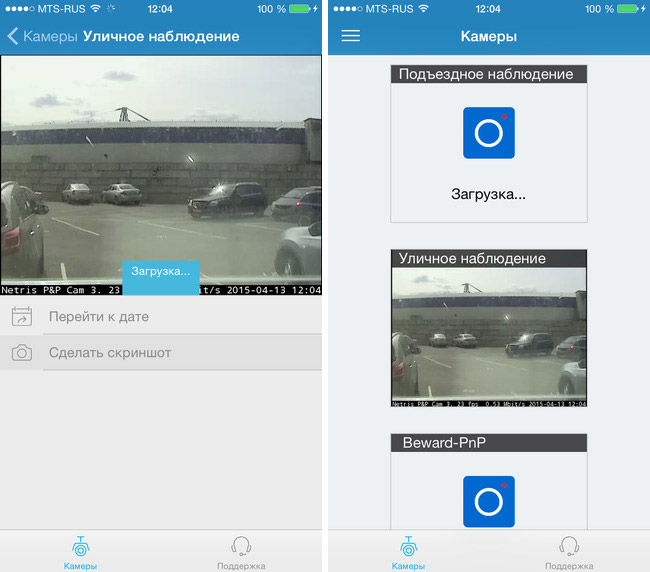Moscow Department of information technology (DIT) has analyzed the pricing policy of operators in Moscow and found out that in six months (August to January) fares only grew. Experts attribute this to the preparation for the adoption of the law Spring (anti-terrorist amendments requiring operators of storage traffic).
In fact it is not a law, but a package of laws envisaging amendments to the criminal and Criminal Procedure codes, plus 10 separate laws. Talking about life imprisonment for international terrorism, criminal responsibility for terrorism since the age of 14, etc., but also an obligation for service providers, instant messengers and social networks to store and transmit to law enforcement all information about the conversations and the correspondence of users.
According to the DIT, in the period from August 2016 to January 2017 in Moscow was marked by the growth of tariffs of cellular communication. Five bundled tariffs rose by 6-22%, but none fell. It was varied and the sets of services provided by the operators. For example, Internet traffic has changed in six rates: three it decreased by 33-50%, and three others at the same increased. Furthermore, the number of included minutes in three rates decreased by 9-16%, and five increased from 10 to 50%.
The Department studied all the mass operators ‘ tariffs of the “big four”, however the study was not considered specialized offers. For specific titles, increased rates are not known.
According to analyst, the CIO Eugene Alminova, reducing mobile data traffic in batch offers observed for the first two years of monitoring of tariffs. According to experts, the situation connected with training operators to increase the cost of traffic due to the adoption of the “law of Spring”.
If the price hike continues, it likely will be hidden for subscribers: for example, deterioration in the terms of the plan while maintaining the overall cost, says Almino. The number of sms and voice minutes may increase, while the demand for them falls, he said.





